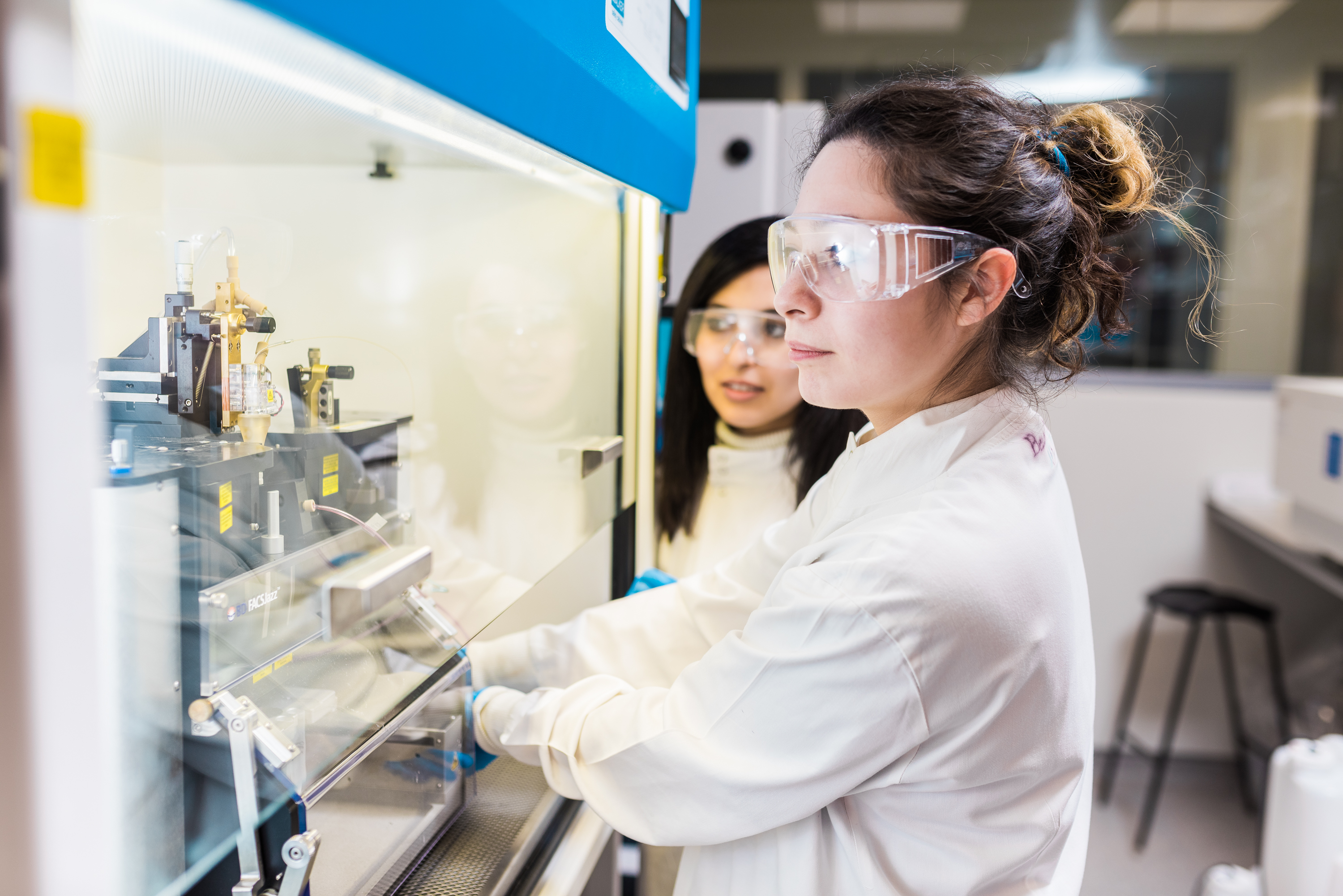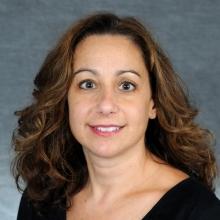

Medical lab master degree professional#
Submit three letters of recommendation on official letterhead paper from professional references such as supervisors, professors, or project leaders, people who have overseen your work and can speak to your ability to think critically, work independently, and succeed in graduate work.Completion of 16 credits of chemistry including organic chemistry and/or biochemistry.Completion of 16 credits of biological science including one semester of microbiology.Regular admission to the Master of Science degree in Clinical Laboratory Sciences requires completion of a bachelor’s degree in a relevant field, with a grade-point average that is indicative of success in the program, including the following course work: In addition to meeting the requirements of the university and of the College of Natural Science, students must meet the requirements specified below. Students may conduct research projects with both resident and adjunct faculty. The curriculum is customized to the student's interests and to supporting the project each student identifies. The program emphasizes the multidisciplinary nature of the laboratory sciences, encourages research that crosses traditional laboratory disciplines, and promotes innovative thinking. The graduate program in clinical laboratory sciences leads to the Master of Science degree. Students who successfully complete the academic and clinical requirements for the MLS program are eligible to sit for the national certification examination through the American Society for Clinical Pathology, Board of Certification (ASCP-BOC).View this text within the context of the catalog. degree in medical and research technology is an excellent background for those who plan to obtain advanced professional degrees in the biomedical sciences or related medical careers. Opportunities for advancement include management, teaching, marketing and research positions. If you have keen investigative instincts, a strong ability in science, a desire to help others and enjoy the challenge of solving problems quickly and accurately, you should consider a career in the medical laboratory sciences.The medical laboratory science profession integrates and applies concepts of biology, chemistry and medicine,providing bothcareer flexibility and job security. These professionals are trained in clinical chemistry, hematology, immunology, microbiology, blood banking and laboratory management. They play a critical role in the generation and management of the accurate test results required by clinicians in order to be able to provide patients with high-quality healthcare. They do so by performing a variety of laboratory procedures which range from identifying microorganisms to providing blood in emergency transfusions. Medical Laboratory Science (MLS) Program OverviewĪround the clock each day medical laboratory scientists, also called clinical laboratory scientists, provide vital information to physicians. Center for Vascular & Inflammatory Diseases.Center for Vaccine Development and Global Health (CVD).Center for Stem Cell Biology & Regenerative Medicine.Center for Shock, Trauma and Anesthesiology Research.Maryland Psychiatric Research Center (MPRC).Center for Epigenetic Research in Child Health & Brain Development.Center for Biomolecular Therapeutics (CBT).Center for Biomedical Engineering and Technology.Program for Personalized and Genomic Medicine.Program in Health Disparities and Population Health.Program for Aging, Trauma, and Emergency Care (PATEC).Physical Therapy and Rehabilitation Science.Department of Otorhinolaryngology - Head and Neck Surgery.

Department of Ophthalmology and Visual Sciences.Department of Obstetrics, Gynecology and Reproductive Sciences.Department of Microbiology and Immunology.Department of Medical and Research Technology.Department of Family and Community Medicine.Department of Epidemiology and Public Health.Department of Diagnostic Radiology and Nuclear Medicine.



 0 kommentar(er)
0 kommentar(er)
